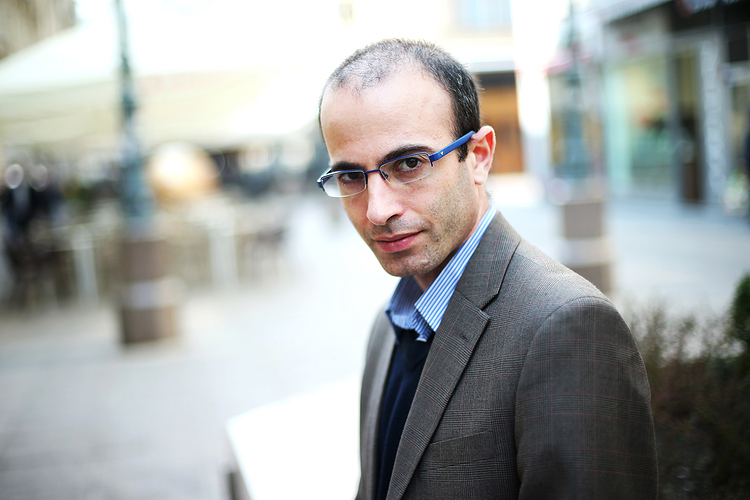Israeli academic Yuval Noah Harari has a refreshingly out-of-step perspective on the most pressing political issues of today. Rather than predicting the continuing spread of nationalist fervor, he sees transnational unification on the horizon. He thinks crises like global warming and technological automation will lead to more interdependence, not more separation. He explains these surprisingly upbeat prognostications to The Guardian, which spoke with Harari about his new book, 21 lessons for the 21st Century. Here’s an excerpt from the article:
The Israeli academic, whose first book, Sapiens, became a surprise publishing sensation by charting the rise of the human species, turns his attention to current affairs for the first time with a swipe at what he argues is a short-sighted response to global challenges in countries such as the UK, US, Russia and Israel.
“Brexit may well initiate the simultaneous unravelling of both the UK and the EU. But in the long run, history’s direction is clear cut,” he writes. “In recent generations the few remaining civilisations have been blending into a single global civilisation.”
The new book, 21 lessons for the 21st Century, is published in August and comes amid a period of unprecedented introspection in British politics over how to leave the European Union. Yet Harari argues the coming challenges of global warming, technological disruption and nuclear proliferation will make us “ever more interdependent” and in need of cooperative projects such as the EU.
Image of Yuval Noah Harari via Handelsblatt Global.
